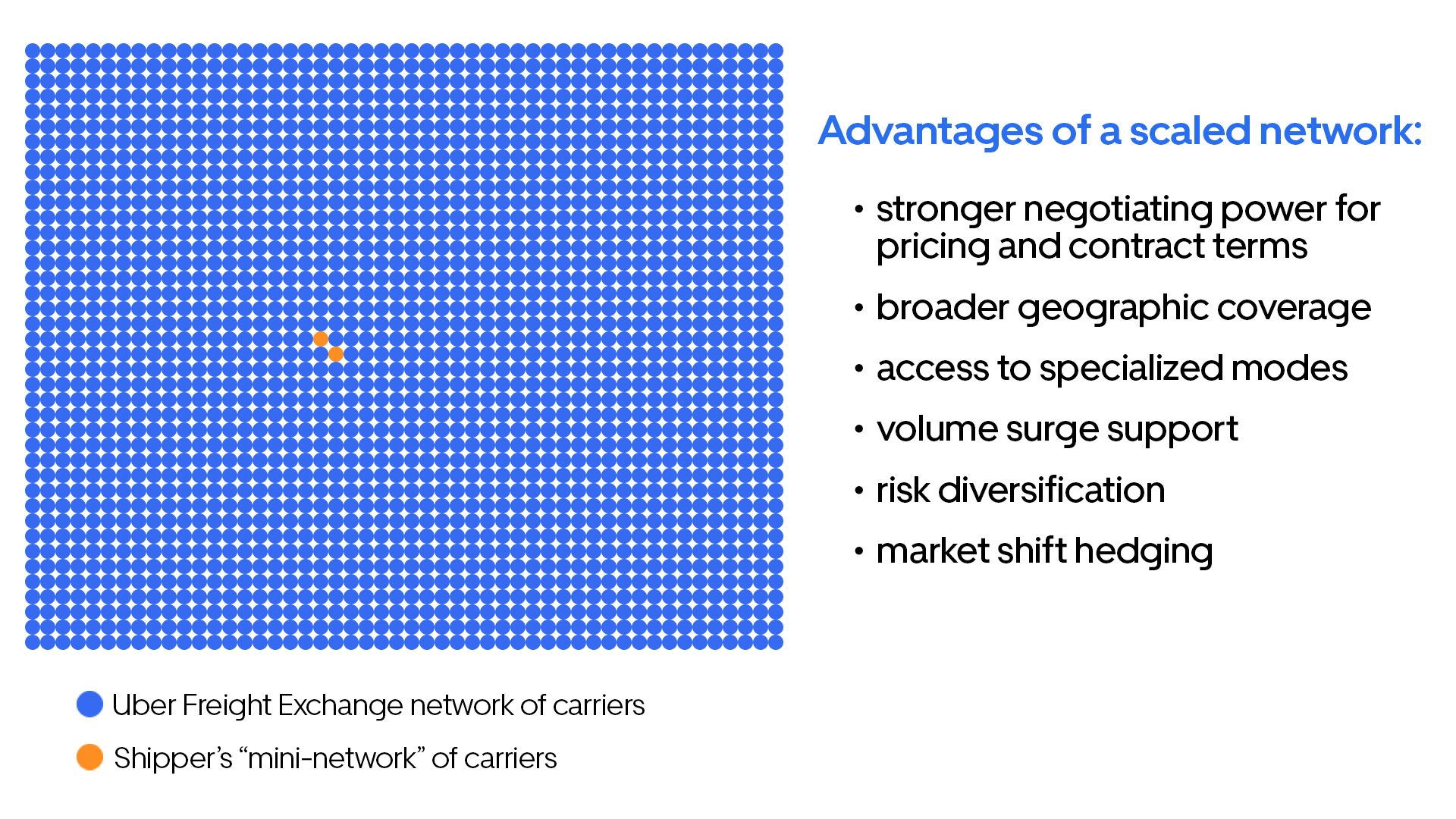Specialized Risk Competitions: Navigating the Challenges
In an increasingly competitive world, specialized risk competitions play a crucial role for organizations aiming to identify, assess, and strategically navigate various risks. These events not only enhance awareness but also foster a culture of proactive risk management. With specialized risks varying across industries, understanding and adapting to these challenges is vital for success. This article will explore the significance of specialized risk competitions, delve into their various types, and provide insights into best practices for participation.

As we journey through this discussion, key terms such as risk assessment, competition analysis, and strategic planning will be integral. Readers will discover how engaging in these competitions can sharpen their organization’s risk management capabilities and lead to a sustainable competitive advantage. We’ll also cover essential strategies that organizations can employ to maximize their success in these specialized arenas.
The Importance of Specialized Risk Competitions
Specialized risk competitions help organizations confront the unique challenges specific to their industries. They offer a platform for sharing insights, innovations, and strategies that can mitigate risks effectively. By participating in these events, organizations can benchmark their practices against competitors and industry standards, enhancing their overall risk management approach. Below are some primary benefits of engaging in such competitions:
- Enhanced Awareness: Participants gain insights into emerging risks and trends affecting their industries.
- Networking Opportunities: Competitions create a space for professionals to connect, fostering knowledge exchange and collaboration.
- Increased Focus on Risk Management: Organizations that participate are likely to place a stronger emphasis on risk management strategies.
Types of Specialized Risk Competitions
There are various types of specialized risk competitions, each focusing on different sectors and unique challenges. Here are some notable categories:
Industry-Specific Challenges
These competitions are tailored for specific industries, addressing risks that are particularly relevant. For example, sectors like finance, healthcare, and technology might have dedicated competitions that highlight regulatory compliance, data privacy, or technological disruptions.
Scenario-Based Competitions
Focusing on hypothetical risk scenarios, these contests challenge teams to devise effective responses in line with best practices. Participants analyze potential outcomes, develop mitigation strategies, and present their plans to a panel of experts.
Innovation and Technology Competitions
As technology continually evolves, competitions that seek innovative solutions for risk management have gained popularity. Organizations are encouraged to develop new technologies, methodologies, or frameworks that can revolutionize risk assessment and mitigation.
Essential Strategies for Success in Risk Competitions
To thrive in specialized risk competitions, organizations must adopt comprehensive strategies that align with the competition’s objectives. Here are key strategies for success:
Understand the Competition’s Focus
Before participating, conduct thorough research to understand the competition’s theme and criteria. This knowledge is essential for aligning your strategy with expectations and highlighting relevant expertise within your organization.
Form a Diverse Team
Diversity drives innovation. Form teams comprising individuals with varied backgrounds, skills, and expertise. Inclusive teams are more likely to produce creative solutions that address multifaceted risks.
Leverage Data and Analytics
Utilizing data analytics can significantly improve your organization’s risk assessment prowess. By analyzing past competitions and current risk landscapes, teams can identify trends and prepare more robust responses.
Engage in Continuous Learning
As industry landscapes change, continuous learning becomes imperative. Engaging with current resources – from scholarly articles to industry reports – enhances your team’s knowledge and keeps them updated on the latest risk management tools and practices.
Conclusion
In conclusion, specialized risk competitions represent a vital opportunity for organizations to elevate their risk management practices. By understanding the unique challenges presented within their industries and employing strategic participation techniques, organizations can navigate risks more effectively. Emphasizing collaboration, leveraging data, and fostering a culture of continuous learning are fundamental to thriving in this competitive arena.
As companies move forward in this constantly evolving landscape, the insights gained from these competitions will prove invaluable. By cultivating robust risk management strategies, organizations not only protect their assets but also position themselves for long-term success.
For further reading on risk management strategies, check out these insightful articles: Risk Management in Healthcare and Financial Industry Risk Assessments.
